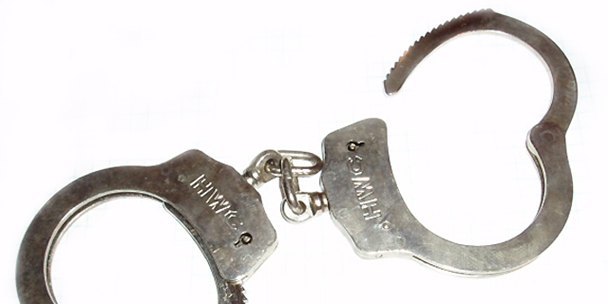Low-level criminals in Scotland could shortly find themselves being “fast tracked” when it comes to repaying their debt to society under a groundbreaking government proposal.
Meanwhile Glasgow City Council says it can see the benefits of implementing the proposed new measures. “We are very pleased to be involved in the fast track pilot as it will allow us to test the viability of such a scheme and see for ourselves the impact it will have on offenders and the wider community,” said a spokesman for Glasgow City Council.
The announcement of the fast track pilot comes in the wake of new figures that reveal low-level offenders undertook a total of 33,707 hours of snow clearing during the recent adverse weather.
The Scottish Government is committing £25,000 of funding in 2010-11 and £150,000 of funding in 2011-12 to Glasgow Community Justice Authority for the pilot, which will last one year. The pilot will then be fully evaluated.
Image used from Wikimedia.
Justice secretary Kenny MacAskill unveiled the Scottish Government’s vision for a “one stop shop” designed to speed up post-court procedure and enable offenders to start community service orders within hours of being sentenced.
Glasgow Sheriff Court is to pilot the initiative, funded by the Scottish Government, with social work staff housed directly across the street.
Dundee City Council said on Monday it would follow the findings of the innovative scheme with interest.
In December, The Courier reported that Tayside, along with a number of other Scottish regions, had missed its targets for implementing community service disposals. Despite the Scottish Government injecting £9.5 million into local authorities over the last two years to strengthen the community service system, the figures showed that only 54% of offenders in Dundee started community service within a week.
Worryingly, this picture could worsen with new legislation scrapping short prison sentences, coming into force today, likely to mean courts give more offenders community-based disposals.
But, as the justice secretary said, the government wants low-level criminals to pay back communities through “tough manual labour.”
“Punishment should be tough and justice should be immediate which is why we are piloting this new initiative,” said Mr MacAskill. “The aim is to get these low-level offenders out doing manual work to improve communities within hours of being sentenced.”
Whether it is cleaning streets of graffiti, renovating elderly care homes, restoring fallen gravestones or helping clear pavements of snow, the justice secretary says offenders should repay communities they have harmed.
“Prison is and always will be the right place for serious and dangerous offenders and recent statistics show we are beginning to get that balance right,” said Mr MacAskill.
“Crime is down, serious crime is down, fear of crime is down, the number of people carrying out crime is down, and those that do break the law are being punished swiftly by Scotland’s justice system with criminals now being punished through the longest prison sentences in a decade.Appalling rate”But at the other end of the scale, we need to address Scotland’s appalling re-offending rate for low-level offenders. These offenders are going in and out of prison, time and time again and committing more crime in communities upon release.
“It has gone on too long, has been ignored for years by successive governments and it is time to stop. That is why we are doing something about it-and the UK and Northern Irish governments are now looking to follow our lead.
“All the evidence shows that getting offenders out doing some manual labour in the community works far better than short-term prison sentences and actually stops them committing further crimes.
“The facts speak for themselves with three-quarters of those sentenced to a short prison sentence of three months or less going on to re-offend within two years of getting out, but in direct comparison, three out of five given a tough community sentence do not.”
